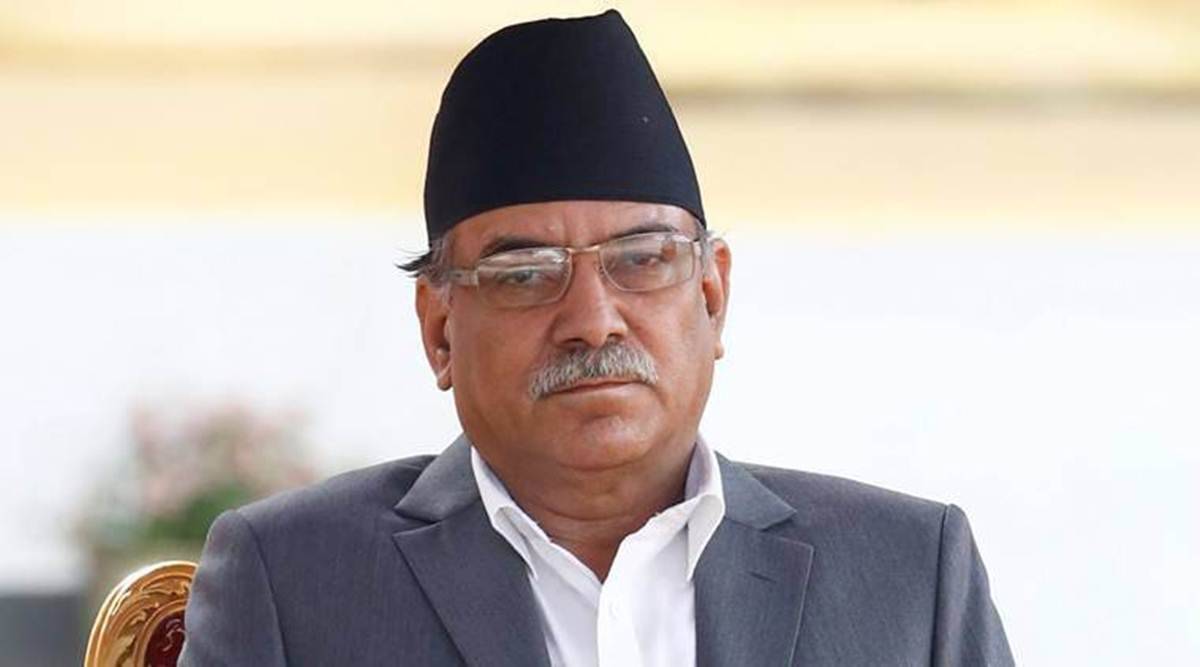


With Maoist leader Pushpa Kamal Dahal “Prachanda” leading the government as Prime Minister of Nepal, India must keep a close eye on the decisions that the new regime takes in days to come. The development leading to Dahal’s return to power for the third time in Nepal will impact the bilateral relations between New Delhi and Kathmandu. Needless to say, Nepal is a geopolitically important country, with China always keen to exploit every single opportunity to increase its influence and presence in this Himalayan nation, obviously to create problems for India. The fact that makes India more cautious in terms of bilateral ties with Nepal now is Prachanda’s “tilt” towards China. Kathmandu has witnessed the formation of a new government by an alliance consisting of the Communist Party of Nepal (Maoist Centre) of which Prachanda is a leader, Communist Party of Nepal (Unified Marxist-Leninist), which is led by K.P. Sharma Oli, and a number of smaller parties. Prachanda checkmated erstwhile coalition partner Sher Bahadur Deuba’s Nepali Congress and joined hands with his rival Oli to grab the power in Kathmandu. Communists grabbing power in Nepal is a welcome development for China which was not that much comfortable with the Deuba-led Nepali Congress’ regime, which was perceived as being pro-New Delhi. Now, Beijing must be feeling relatively quite comfortable in terms of executing its plans aimed at grown its presence in Nepal. Several Chinese projects and schemes are said to be lined up for implementation in Nepal. Obviously, China will keep India in mind while persuading Nepal to give a go-ahead to its projects. One of them is to extend a railway network up to the places near Nepal’s border with India. While strengthening its own bilateral ties with Nepal, India must be watchful of the relations between Beijing and Kathmandu. The decisions to be taken by the Prachanda-Oli duo in future must be on India’s radar so that New Delhi could firm up its own plan and strategy accordingly. Experts are of the view that India will have to work harder on two fronts now. First, New Delhi will have to work much harder to maintain and strengthen ties with Kathmandu. Two, it will have to work more vigorously to deal with challenges from China on the soil of Nepal. Soon after taking charge in Kathmandu, Dahal may have said that he will maintain relationships of equi-proximity with both neighbours—India and China, but India cannot forget the past experiences of his working closely with the Chinese rulers at the same time. Indian diplomats are well aware that Prachanda and various other leaders in Nepal have always shown tilt towards China to fulfil their political ambitions. China in turn takes advantage of the presence of pro-Beijing elements in the government to expand its influence in the politics of the Himalayan nation. Undeniably, China played a key role in bringing the two Communist parties together in 2017. It has reportedly done so this time too. What needs to be recalled is that both Prachanda and Oli had used anti-India rhetoric in the past as a political weapon to woo support of the pro-China population in Nepal. It was the Oli government in the past which had raised the territorial dispute by pushing a new map that marked some Indian territories as that of Nepal. Indian security and diplomatic officials have got information that China is set to push for reviving and expediting Beijing-backed projects which were shelved by the Deuba government. If these projects get green-signal from the new dispensation then China would be able to start expanding its influence in the Himalayan nation once again. This is what India must keep an eye on, and plan a strategy accordingly to counter China’s design. India, however, must continue to focus on policies towards the people of Nepal. New Delhi should continue to recruit citizens of Nepal in the Indian army. Pending developmental projects for Nepal must be expedited so as to counter China. India must also work on projects, both in power and infrastructure sectors, which could generate jobs in Nepal. The Indian diplomatic team is already in touch with the Nepalese foreign ministry to ensure an early meeting between Prachanda and Prime Minister Narendra Modi. India must be looking forward to a statement from the Nepalese leader that the soil of Nepal would not be allowed to be used for any anti-India activity.